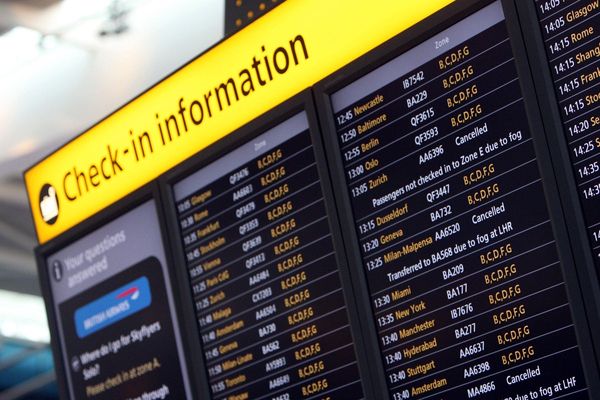When the Collins Dictionary revealed that ‘permacrisis’ was its word of the year for 2022, many business leaders may have allowed themselves a wry smile of agreement.
It’s hard to remember when there has not been some form of upheaval in the economy for businesses to deal with, the financial crash of 2008-9 having been followed by the Brexit referendum, the pandemic and now the cost-of-living crisis. This year has seen the UK have three Prime Ministers, four Chancellors and three Business Secretaries – hardly a recipe for stable conditions in which to do business.
The cost-of-living crisis is also a cost-of-doing-business crisis, and that issue will be very much on most business leaders’ minds as 2022 turns into 2023. Soaring inflation means a toxic mix of rising costs and lower customer spending for many companies; the fact that energy bills, unavoidable as they are, have been a major component of those costs, only adds to those worries.
Read more : Parkdean Resorts hoping for year of staycations
As things stand, Government support for businesses on energy bills has provided welcome respite, but that support is only confirmed to run until April. A number of business groups have called for Chancellor Jeremy Hunt to be clear on how energy support will continue past April with that announcement now knocked into next year.
Mr Hunt last week announced that his next Budget will be released on March 15, much too late for companies waiting for support. A poll of firms by the British Chambers of Commerce revealed that almost half (47%) of UK SMEs said they would find it difficult to pay their energy bills when Government support is due to end. Separate research from the Federation of Small Businesses found that one in four small firms (24%) plan to close, downsize or restructure if energy relief comes to a sharp end in April.
As well as seeking Government support, businesses will be hoping 2023 is the year when the Government’s much-vaunted ‘levelling up’ programme becomes more than a slogan.
Like the Northern Powerhouse before it, levelling up has become both a catch-all for anything positive to happen outside London and a stick to beat the Government with any time something goes wrong. February’s publication of the Government’s Levelling Up White Paper at least put some substance on to the flimsy slogan, but the political turmoil that has engulfed the UK since then has only increased concerns that levelling up is strong on good intentions, but weaker on concrete action.
If those fears are realised, it would mean more of the same for the North East economy, which is not good news.
For many years the message coming from the region has been that the North East is an asset to be realised for the UK, not a problem to be solved. The last year has seen many positives to back up that message, not least two separate reports that flagged up the North East as the inward investment hotspot of the UK. Newcastle, in particular, has seen a number of high-profile announcements of overseas tech firms setting up in the city, providing well-paying jobs. The region’s green industries and life sciences sectors – both seen as key for growth – have also had a number of high-profile investments this year.
Unemployment – for so long the touchstone of the health of the North East economy – actually hit a record low in October. But as the economy tipped into recession at the end of the year, December saw the North East record the joint highest rise in unemployment in the UK, a worrying sign that historic weaknesses in the regional economy have not gone away.
In the context, the region’s big businesses had a decidedly mixed year. Nissan returned to profitability after a difficult pandemic and reached the milestone of having produced 250,000 Leaf electric vehicles. But the continuing semiconductor shortage has been a huge headache for the automotive sector as a whole, and predictions are that the crisis could rumble on throughout 2023.
Bakery chain Greggs has seen sales bounce back and has taken advantage of the slump in commercial property rents to move into areas that were previously out of its reach.
Housebuilder Bellway reported record turnover in October, but also highlighted rising interest rates and “wider economic uncertainty” in the year ahead.
Businesses big and small will be hoping for some normality in the coming year, and hope more than anything the slight dip in inflation seen at the start of December solidifies into a sustained fall in prices.
They will also be fervently hoping that there is not some new disaster to keep the feeling of ‘permacrisis’ hanging over them any longer.
READ NEXT:







